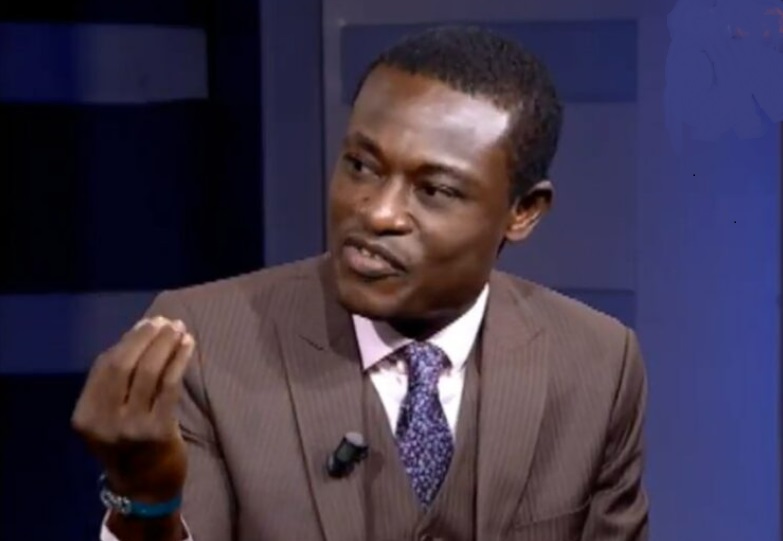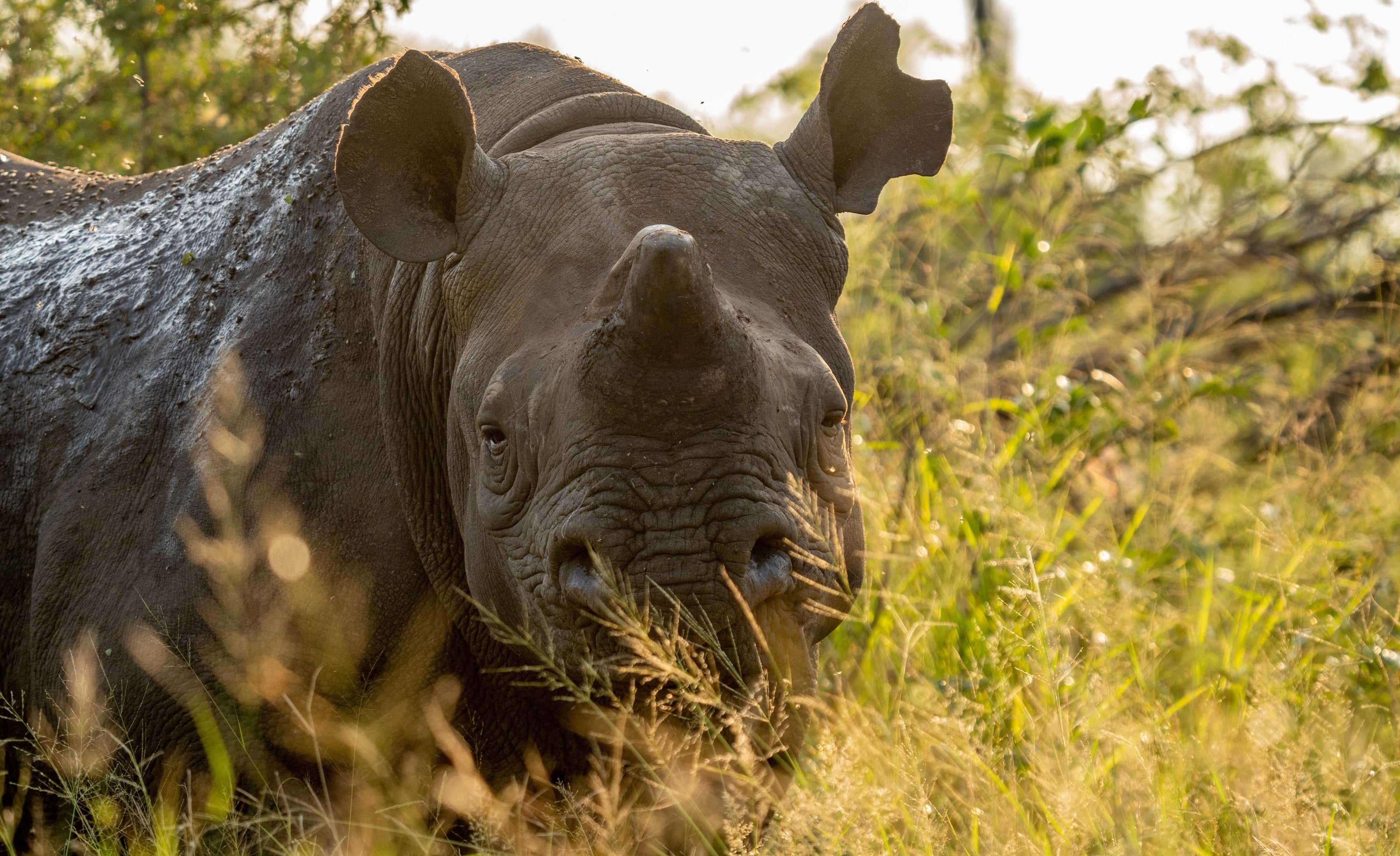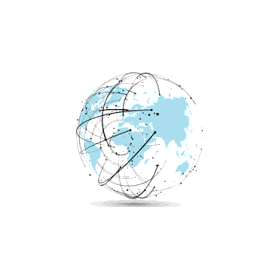How capitalism, patriarchy and neo-colonialism are repackaging - Southern Africa Litigation Centre
Botswana Guardian (6 June 2025)
*By Bradley Fortuin
The old scramble for Africa was about land, minerals, and control. The new scramble is cloaked in buzz phrases such as ‘promoting and protecting African family values’, ‘natural family’, and ‘defending the sanctity of the African family’, but it is driven by the same trio: capitalism, patriarchy and neo – colonialism.
Across the African continent, violence against marginalised people, such as women, girls and LGBTIQ+ people, is not just some unfortunate result of ignorance and intolerance. It is not a cultural misunderstanding. It is deliberate. It is precise. It is profitable. It is pro – hate legislation. It is ideologies. It is business and is being packaged, exported and sold under the glossy buzz phrases used by the same big global forces that have long treated Africa as an experimental lab, an extraction of resources and a playground with African lives. If we zoom out far enough to what looks like moral panic is actually a business model where patriarchy meets capitalism galvanised with extreme religious ideologies, leaving that familiar colonial aftertaste.
Can Ubuntu counter hate?
The anti-rights and anti-gender movement is sweeping rapidly across Africa on a mission to cement hate within African communities, thus making our nations and governments their experimental lab, as mentioned earlier. But we all know that hate is inherently unAfrican. It does not originate from Africa. It was exported onto our African soil through colonialism, patriarchy and capitalism.
When I say that hate is unAfrican, this is not to claim that our communities – pre and post colonialism – were utopias. It really is to push back against the idea that supporting and protecting marginalised groups is foreign, and that rejecting them is somehow essential to preserving African culture. Protecting and empowering groups such as women and LGBTIQ+ destabilises the pillars of patriarchy and threatens capitalism, as there would be no market to sell refurbished colonialism.
Africa is not immune to hate, but it is the result of intolerance and inequality that is being imported. Africa has long been a place of respecting diversity, and Professor Sylvia Tamale describes it best in ‘Exploring the Contours of African Sexualities: Religion, Law and Power’, by alluding that “plurality is simultaneously the boon and the bane of Africa. The cultural diversity and richness found between and within the continent’s religious and cultural communities lend to its versatility and beauty.” Tamale reminds us that African diversity enriches and offers multiple intersectional ways of being, navigating the world, and living in community grounded in compassion and humanity – Ubuntu!
In their article “Understanding Ubuntu and its contribution to social work education in Africa and other regions of the world”, Mugumbate et al. explore the African philosophy of Ubuntu and its relevance to social work education. In taking lessons from their article, Ubuntu emphasises interconnectedness, compassion, and communal responsibility. The authors argue that integrating Ubuntu can be a weapon used to counter imported hate theories and practices. In our current climate, where anti-rights and anti-gender sentiments are gaining traction across Africa, the principles of Ubuntu are more pertinent than ever. It serves as a reminder of the importance of community and shared humanity, advocating for inclusive practices that uphold human rights and dignity for all individuals regardless of their social status, gender identity or sexual orientation.
In all honesty, there is money in hate and exclusion. This is evident in the anti-rights and anti-gender US and European religious conservative organisations’ funding of anti-rights legislation, to supporting conferences where ‘protecting African values’ is code for keeping white supremacy, protecting patriarchy and keeping colonial control. We see a kind of investment that pays off in political influence and dominance. But who is really in control? African leaders or global north anti-rights and anti-gender groups?
Anti-rights and anti-gender conservative groups such as Family Watch International, La Manif Pour Tous and Alliance Defending Freedom have been linked to supporting laws that criminalise LGBTIQ+ identities, strengthening platforms that silence women and girls and manipulate African politicians, Presidents and First Ladies who are eager for power, votes and validation. It is colonialism in high definition, backed by capitalism and masked as African traditional values. It is no different from Europe’s scramble for Africa in the 19th century, but this time, they are after our minds, bodies, rights and democracy.
These are not random acts, they are coordinated crackdowns on humanity. From Uganda’s Anti-Homosexuality Act to Ghana’s Human Sexual Rights and Family Values Bill to Namibia’s amended Marriage Act, we are seeing regressive legislation that is cut from the same hate cloth. Across Southern Africa, from Tanzania, Namibia, Malawi to Zambia, LGBTIQ+ people are being harassed, arrested, or killed. While human rights instruments such as the Maputo Protocol, which protects women’s rights and bodily autonomy, have come under massive scrutiny by Family Watch International, possibly leaving the rights of women and girls at the mercy of these groups. What is even more saddening is that one can see African leaders mimicking hate sentiments that are being pushed by the global north’s anti-rights and anti-gender groups. Do our leaders know that these hate groups are controlling them? Some African leaders have adopted rhetoric that portrays women’s autonomy and LGBTIQ+ people as a threat to national identity and traditional values. But these sentiments are not rooted in African customs but are instead borrowed and repackaged from the anti-rights and anti-gender books.
The 2025 anti-rights and anti-gender Africa tour
If you thought the colonial era was over, think again. Between May and October 2025, Africa is hosting a series of anti-rights and anti-gender convenings that are supported by US and European conservatives.
From 9 to 11 May 2025, the Parliament of Uganda hosted the third Inter-Parliamentary Conference, which was supported by conservatives pushing the controversial African Charter on Family Values. The conference was attended by 29 African Members of Parliament, including the Deputy Speaker of the National Assembly of Zimbabwe. The second Pan-African Conference on Family Values, which was held in Kenya from 12 to 17 May 2025, convened African political leaders, policymakers, and religious leaders. The Africa Christian Professionals Forum organised the conference under the theme “Promoting and Protecting Family Values in Africa.” Attendees included representatives from the Supreme Court of Kenya.
In June 2025, Sierra Leone will host the seventh edition of the Strengthening Families Conference, an event endorsed by the First Lady of Sierra Leone. Notable attendees include leaders from Côte d’Ivoire, Congo, Ghana, Gambia, Kenya, Mali, Nigeria and Senegal. The African Advocates Conference in Rwanda, funded by the US-based Alliance Defending Freedom International, will take place from 12 to 17 August 2025. Think of them as lawyers for oppression. The conference will host delegates from 43 African countries, including government officials, judges, academics, lawyers and students. Advocates Africa has members from Angola, Botswana, Eswatini, Lesotho, Malawi, Namibia, South Africa, Zambia and Zimbabwe. Finally, from 19 to 23 October 2025, Ghana will host the Africa Bar Association Conference, a platform that pushes anti-feminist, anti-rights and anti-gender narratives, under the guise of debating foreign interference.
These are not African-led spaces, they are US and European-led laboratories for exporting hate and mayhem. A global machine fueled by capitalism, patriarchy and neo-colonialism.
This article is part of the Southern Africa Litigation’s campaign around addressing hate speech, misinformation and disinformation. #StopTheHate #TruthMatters
Southern Africa Litigation Centre and a social justice activist.










